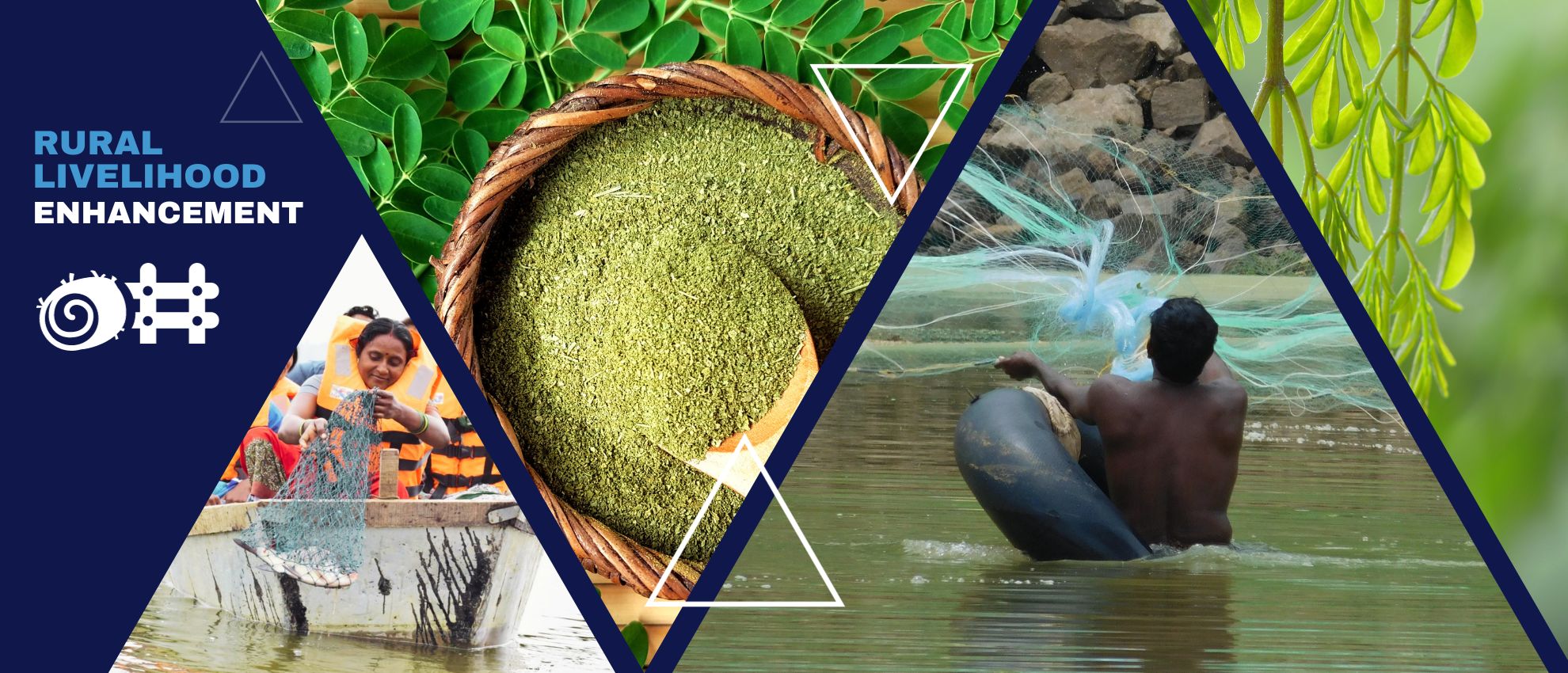
Empowering Farmers
Knowledge Sharing and Data Driven Insights
Access verified, real-time data on ground-level implementation, best practices, and innovative techniques across natural, organic, and allied farming sectors like Fisheries and Aquaculture, Moringa, Honey Beekeeping and more. We focus on empowering agricultural growth by connecting policymakers, researchers, and farmers with crucial sectoral data and practical knowledge for sustainable development. We are an MoRD backed platform for knowledge exchange and transparency, showcasing successful models and data insights from the field to foster sustainable agriculture nationwide.
Knowledge Hub 1
Lorem ipsum dolor sit amet, consectetur adipiscing elit. Nunc maximus,
Knowledge Hub 2
Lorem ipsum dolor sit amet, consectetur adipiscing elit. Nunc maximus,
Knowledge Hub 3
Lorem ipsum dolor sit amet, consectetur adipiscing elit. Nunc maximus,
Our Sub-Sectors
Aquaculture & Fisheries
Lorem ipsum dolor sit amet, consectetur adipiscing elit. Nunc maximus,
Moringa
Lorem ipsum dolor sit amet, consectetur adipiscing elit. Nunc maximus,
Honey beekeeping
Lorem ipsum dolor sit amet, consectetur adipiscing elit. Nunc maximus,
Makhana
Lorem ipsum dolor sit amet, consectetur adipiscing elit. Nunc maximus,
Spices
Lorem ipsum dolor sit amet, consectetur adipiscing elit. Nunc maximus,
Bamboo
Lorem ipsum dolor sit amet, consectetur adipiscing elit. Nunc maximus,
Natural Farming
Lorem ipsum dolor sit amet, consectetur adipiscing elit. Nunc maximus,
Organic Farming
Lorem ipsum dolor sit amet, consectetur adipiscing elit. Nunc maximus,
Ornamental
Lorem ipsum dolor sit amet, consectetur adipiscing elit. Nunc maximus,
Pearl
Lorem ipsum dolor sit amet, consectetur adipiscing elit. Nunc maximus,
Reservoir
Lorem ipsum dolor sit amet, consectetur adipiscing elit. Nunc maximus,
River Fisheries
Lorem ipsum dolor sit amet, consectetur adipiscing elit. Nunc maximus,
Wetlands
Lorem ipsum dolor sit amet, consectetur adipiscing elit. Nunc maximus,
0
Statistic 1
0K
Statistic 2
0K
Statistic 3
0
Statistic 4





